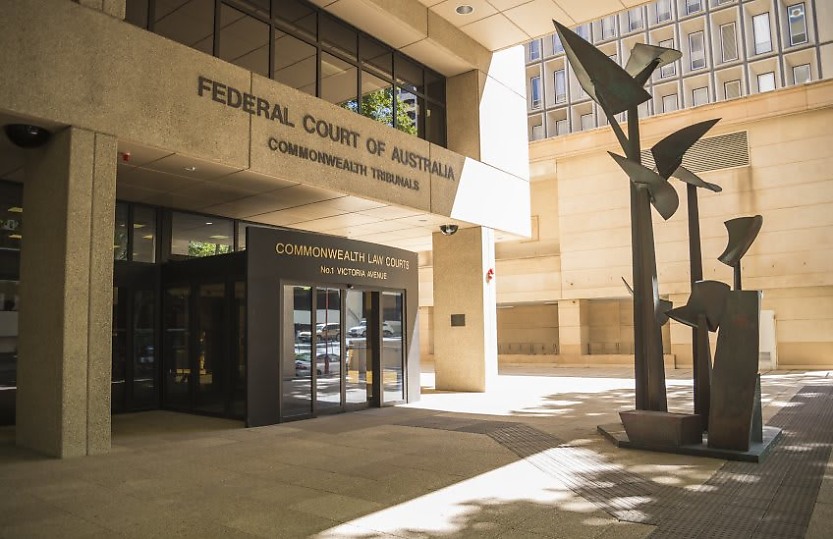Full Federal Court rejects ATO's Minerva anti-avoidance ruling

In a landmark taxpayer win, the Full Federal Court unanimously held that none of the schemes targeted by the ATO triggered Part IVA anti-avoidance rules.
Minerva Financial Group was successful in its appeal to the Full Federal Court, which agreed its trustee income distribution decisions did not fall foul of anti-avoidance provisions.
In allowing the appeal, the Full Federal Court clarified that the decision of a trustee to make distributions in a tax-effective manner will not necessarily be treated as a ‘scheme’ for Part IVA of the Income Tax Assessment Act.
The decision concerned a series of restructuring activities undertaken ahead of an IPO by a group of financial services businesses referred to as the Liberty Group. Liberty Group, of which the appellant company was a member, was a “non-bank” provider of financial services.
As part of the restructuring process, Liberty Group reorganised into two “silos”, a “trust silo” and a “corporate silo.” While the primary judge found Part IVA did not apply to this split, he ruled it did apply to decisions by the trustee within the trust silo to distribute nearly all income through the trust silo, dedicating only nominal sums to the corporate silo.
The effect of this restructuring was that only a fraction of the net income of the trust was subjected to a 30 per cent corporate tax rate. Instead, the balance was subjected to a 10 per cent withholding tax rate.
The ATO found that Minerva had obtained a tax benefit from a “scheme” to which Part IVA applied. Accordingly, it issued new assessments to Minerva which included a higher assessable income tax for amounts received between 2012 to 2015.
Notably, the primary judge ruled the use of a stapled structure did not trigger Part IVA given the decision made commercial sense ahead of the IPO.
The Full Federal Court unanimously allowed the appeal, finding that Part IVA did not apply to any of the schemes identified by the ATO. The issue has been remitted to the Tax Commissioner for reconsideration.
In their reasoning, the judges said a Part IVA scheme is “broadly defined” and that a distribution decision made in part due to tax considerations is not necessarily made for the “dominant purpose” of obtaining a tax benefit.
The Full Federal Court, in applying the eight considerations laid out under s 177D(2) of the Income Tax Act found insufficient evidence to support an objective finding that Minerva had restructured for the dominant purpose of obtaining a tax benefit.
Those eight considerations pertain to the factors the ATO is to weigh in determining whether a scheme should trigger Part IVA and relate to the implementation of the scheme, the effect of the scheme, and the nature of the connection between the taxpayer and any other relevant person.
The judges found the decisions to make larger payments to the one trust over the other had genuine commercial and financial justifications, beyond the tax benefits.
“Merely because a taxpayer chooses between two forms of transaction based on taxation considerations does not mean that it is to be concluded, having regard to the factors listed in s 177D, that the dominant purpose of the taxpayer was to obtain a tax benefit,” said the judges.
In arriving at this finding, the judges restated the principle that such assessments do “not require or even permit any inquiry into the subjective motives of the taxpayer” or others involved in the scheme.
Instead, the assessment of those eight factors about the reasons behind a taxpayer entering into an arrangement is an objective one. They added that although the conclusion as to the purpose of the scheme might apply only to those who entered into or carried out just part of the scheme, the factors are to be applied to the scheme as a whole.






